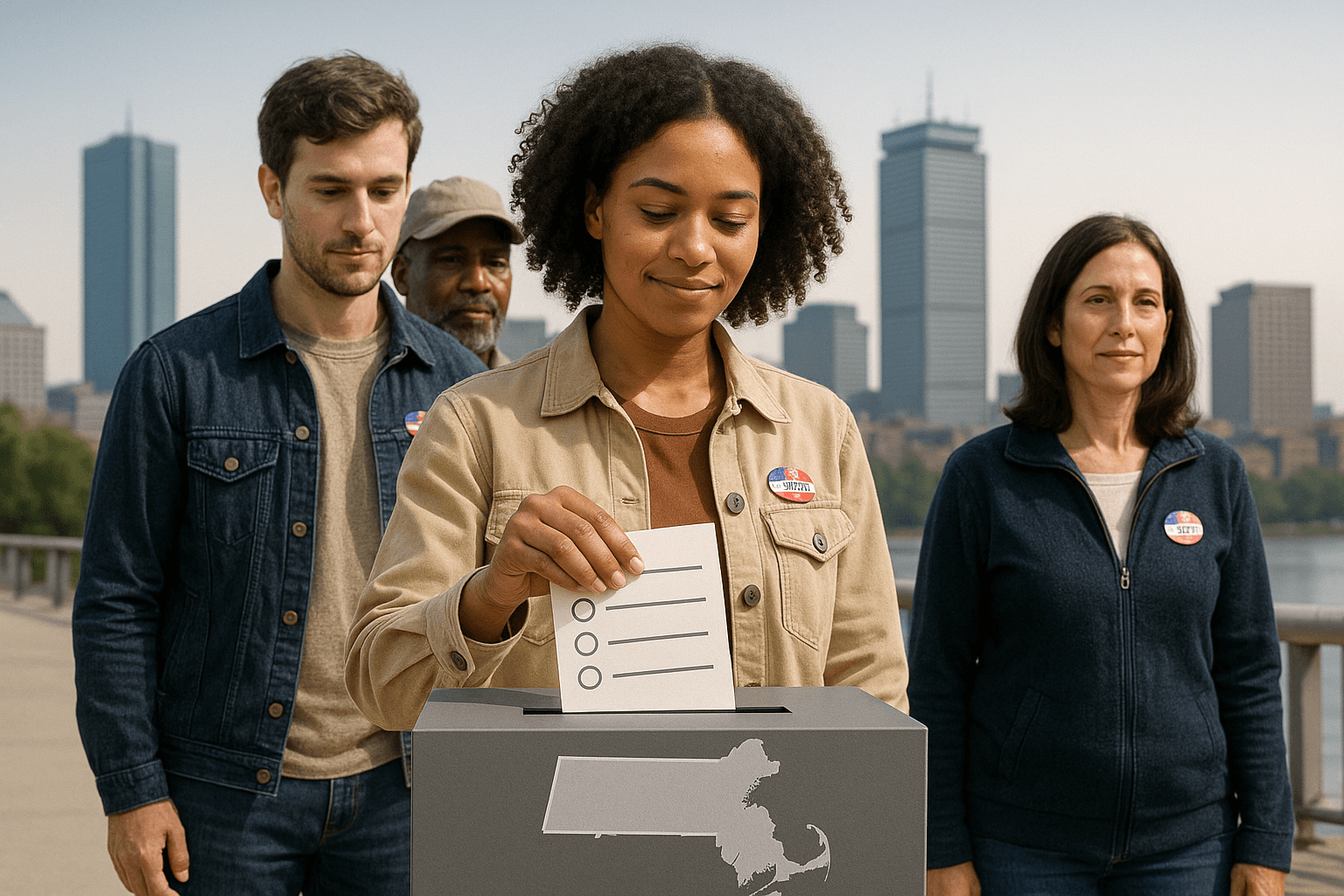4 Principles of Change Open Primary Advocates Must Embrace

Editor's Note: This op-ed originally appeared in the Fulcrum and has been republished on IVN with permission from the publisher. Photo by Ahmed on Unsplash.
This was a big year for the open primaries movement. Seven state-level campaigns and one municipal. Millions of voters declaring their support for open primaries. New leaders emerging across the country. Primary elections for the first time at the center of the national reform debate.
But with six out of eight campaigns failing at the ballot box, it’s also an important moment of reflection.
Some folks have likened this year’s losses to the normal flow of any successful change movement. But I spent almost 20 years as an attorney in the civil rights movement before joining the political reform movement. This year’s campaigns were anything but normal. There’s a core set of principles that have guided the successful development of every change movement since women’s suffrage in this country, and too often campaigns (save the tremendous work of Lisa Rice in Washington, D.C.) ignored them.
If we are going to grow into a winning movement, we have to start embracing the principles of change.
Principle 1: Build a foundation
Asking voters to change how they vote is hard work. Unlike reformers, voters don’t have the luxury of thinking about democracy reform every day. Many are ready for change, often more than reformers themselves, but they have little understanding of the issues. That requires significant investment in education and conversation.
That can’t happen in the course of a campaign asking for their vote. Sometimes winning is the easy part, holding on to a reform requires voters to take ownership of it. A runway must be built and that can take years. Oklahoma just launched a campaign for open primaries last month, after first spending 10 years building a conversation in the Sooner State.
Principle 2: Develop grassroots and grasstops support and leadership
Change campaigns are built on a foundation of trust. Trust is everything. Voters are unwilling to vote for reform, even reform they support, unless they are absolutely sure that the intent of those advocating for that reform is genuine and not for the purpose of gaining advantage.
Several years ago, we conducted exit polling after a failed campaign in Oregon that had high polling numbers. Voters were clear-they supported the policy, but not the campaign. That means investing in the hard work of a campaign led by and supported by real people. Voters easily sniff out campaigns led by paid consultants. One campaign I spoke with this year rated their grassroots development an “F.” We must do better.
Principle 3: Offer a policy that responds to and connects with voters
In most cases, the combination of ranked choice voting and open primaries was a mistake. They are separate reforms with different politics, constituencies and histories, and most campaigns couldn’t answer the fundamental question of why they were being combined. Voters found them complicated, and they were too easily attacked by opponents as a result.
And too often, the combination was determined by a small group of funders or activists and did not come out of any process of conversations with voters themselves. Ironic, considering that the purpose of reform is to expand, not limit political input.
Principle 4: Be honest in your messaging to voters
Having the trust of voters requires you to be honest with them. No more so than when you’re asking them to change the rules of the game.
The combination of open primaries and ranked choice voting presented clear challenges to campaigns where the former polled significantly better than the latter. For much of the past year, the refrain from PR consultants, funders and activists alike was to focus on open primaries and limit discussion of RCV. It was framed as effective messaging, but in reality, it was simply dishonest.
It demeaned our work and destroyed trust.
The Grand Bargain
Every successful change campaign in America has been a grand bargain between funders and local and national activist leaders. The activists lead and the funders support them with the resources and expertise they need to be successful. Both are necessary. As we move forward trying to enact reform in an era of profound suspicion, where voters are rejecting the concentrations of wealth and power in our society at every level, that order of leadership is critical to build trust.
Too often this past year, though, campaigns were developed by funders, and decisions were made without the participation of local and national leaders. Voters saw funder/consultant-dominated campaigns this year and wholesale rejected them.
As some have likened the political reform movement trajectory to that of the marriage equality movement, it's helpful to understand how that movement was funded. From 2004 to 2013, funders spent a billion dollars over 10 years. One of the key funding partnerships was the Civil Marriage Collaborative, which included several large foundations and donors. They focused on working with key groups in the space to build a grassroots constituency and public education apparatus. They diversified their strategy to include litigation, grassroots organizing, lobbying and electing pro-LGBT politicians.
As then-CMC Director Paul Di Donato said, “the only way to achieve and defend a marriage equality victory nationwide was … changing the hearts and minds of Americans about the rightful place of LGBT people in our society and … why marriage matters for us.” That’s how movements are built.
Much of the post-mortem debate so far on 2024 has focused on public support for the particular policies put before voters — but that’s only a small part of the lessons we must learn if we’re going to move forward successfully and build this movement. The opportunity is all in front of us — if we embrace the “how” and follow key tenets of change that have driven every reform movement before us.
Gruber is senior vice president of Open Primaries.







